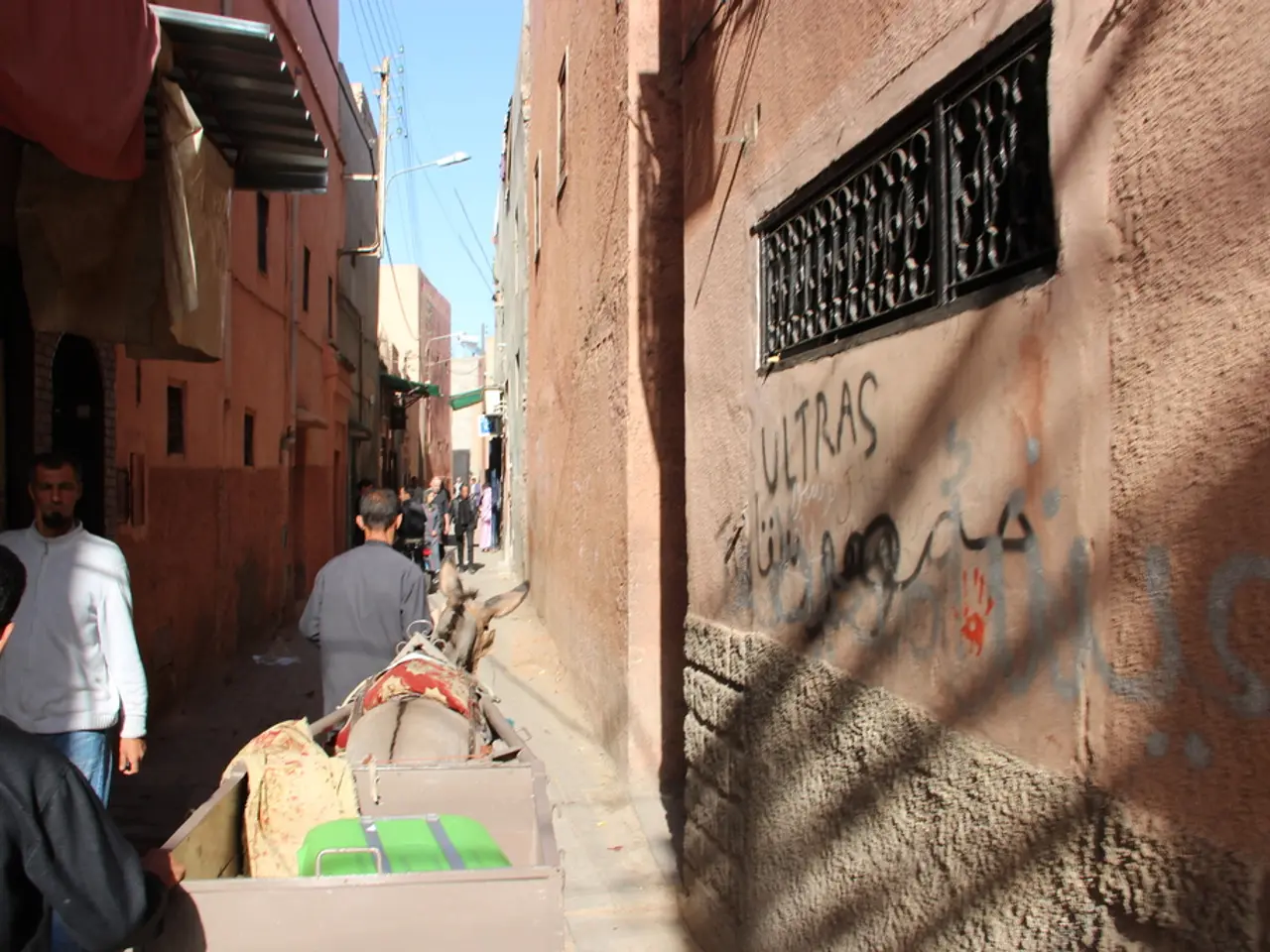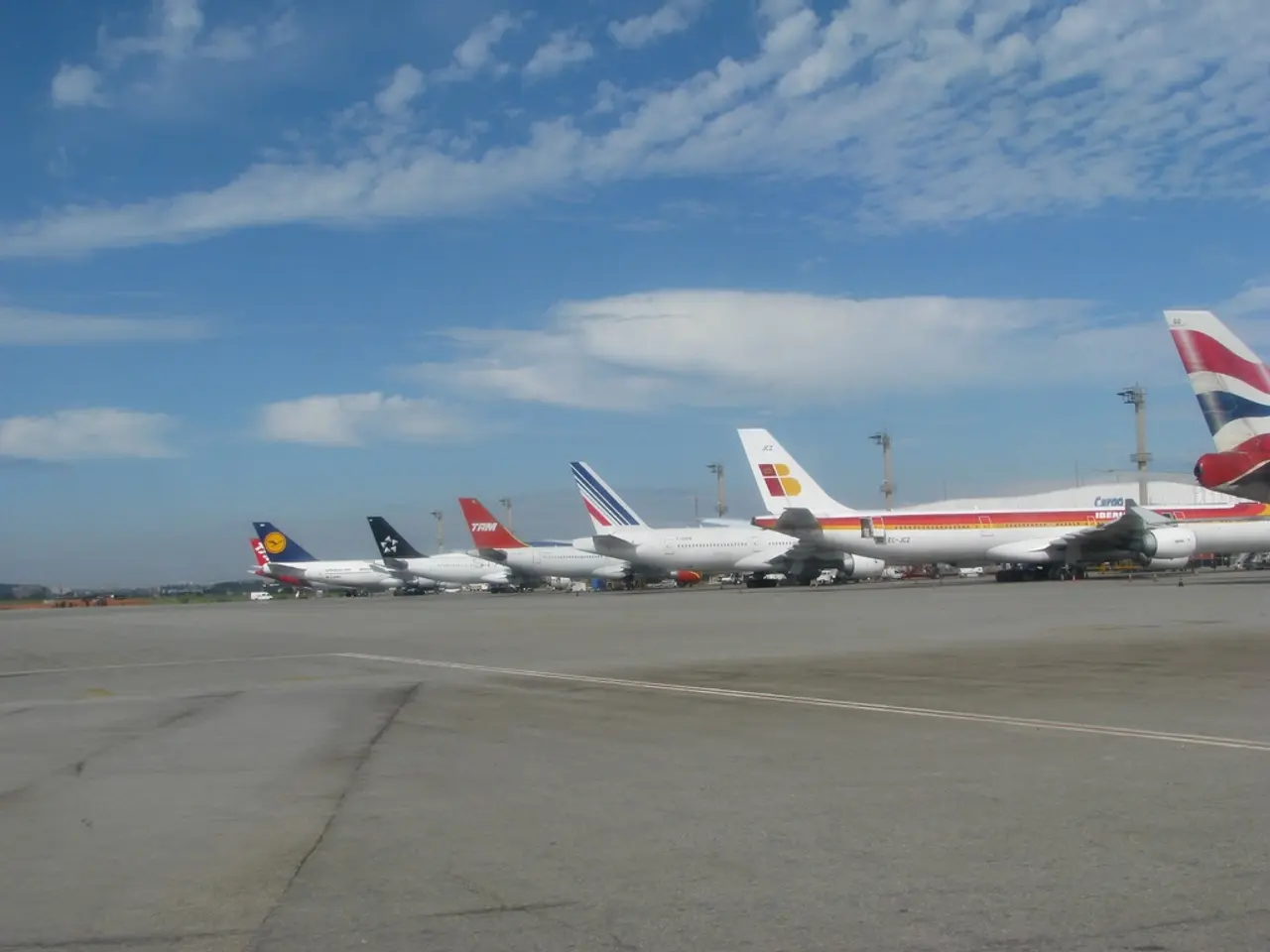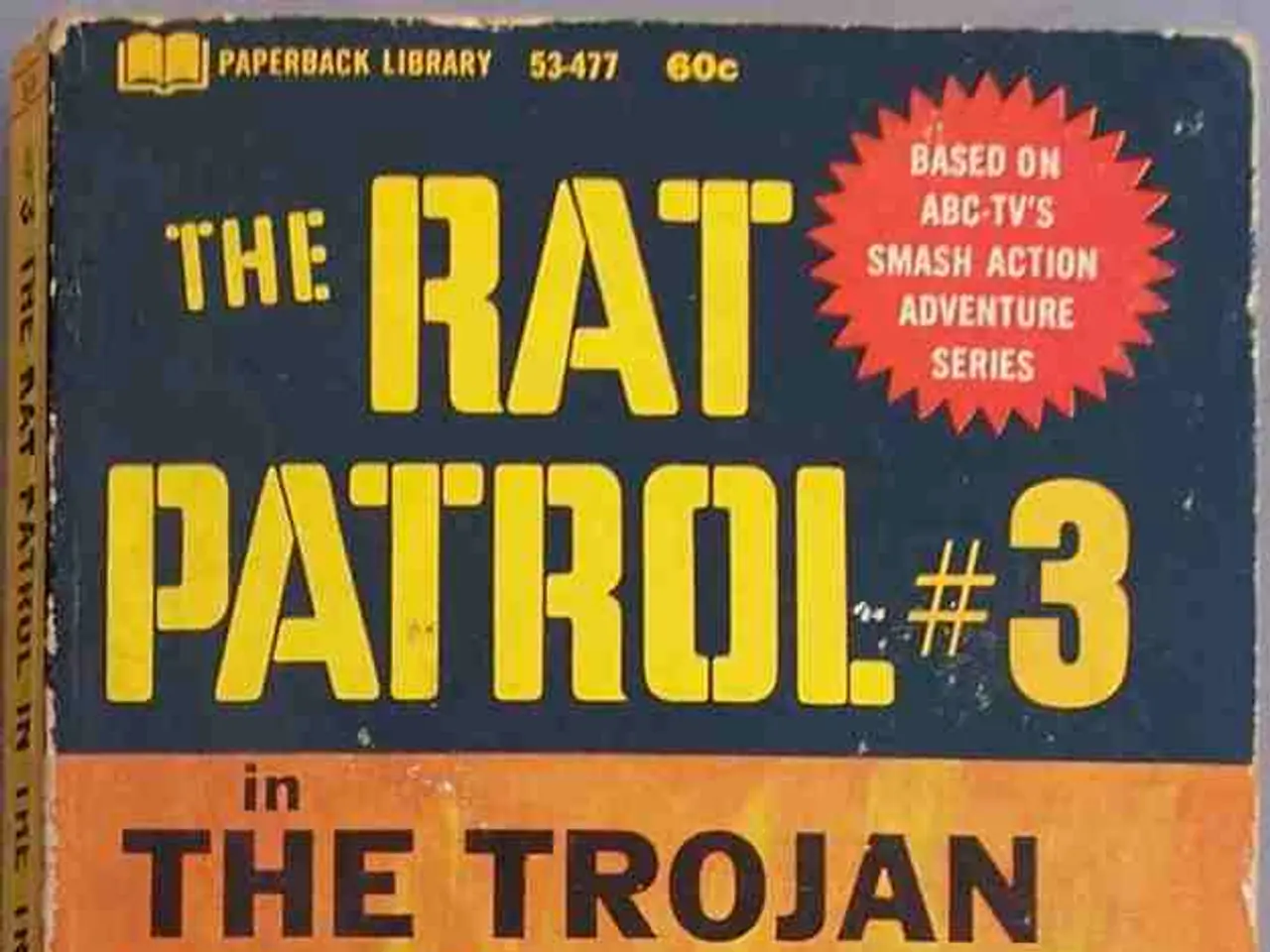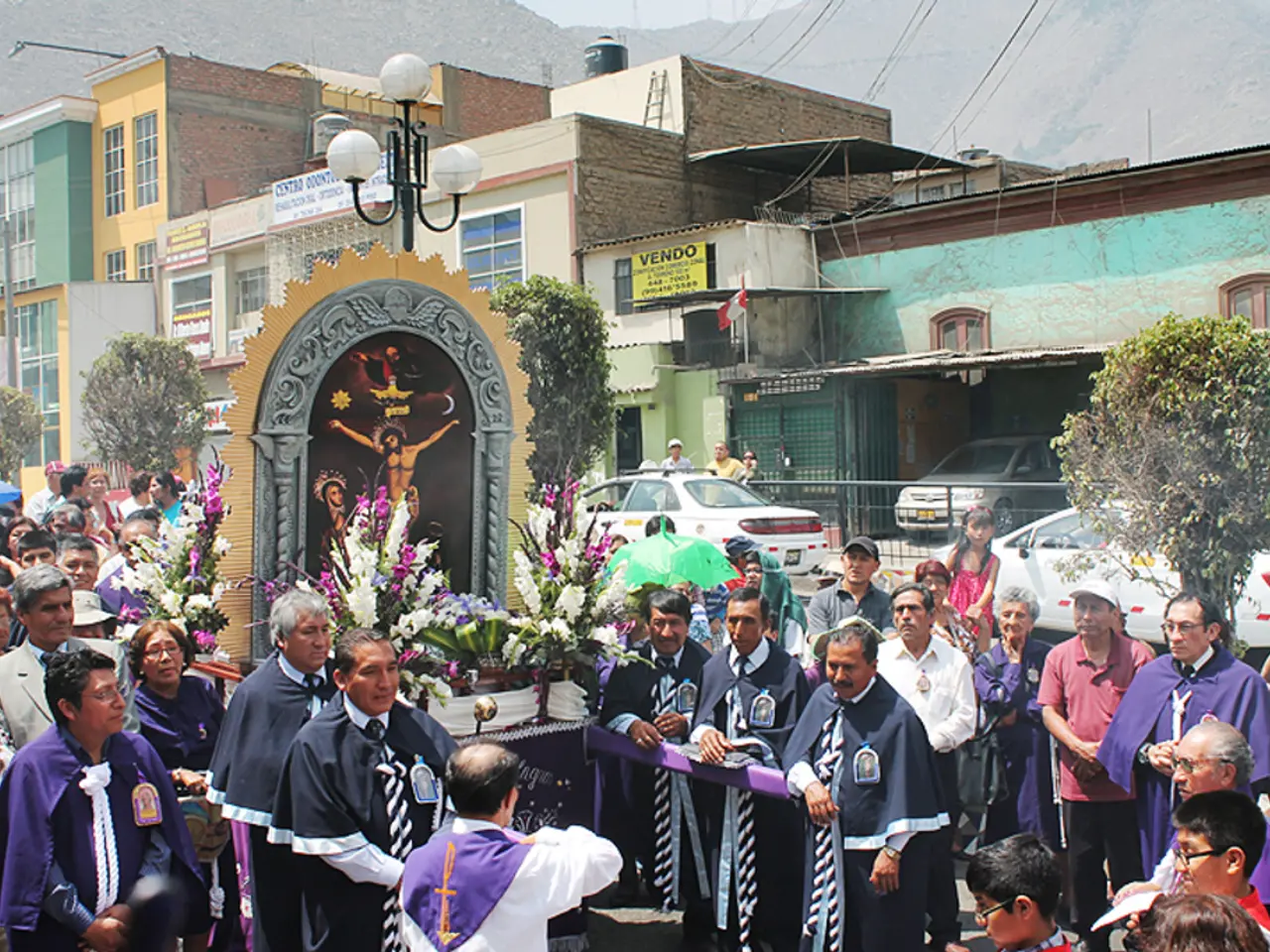Thailand and Cambodia have reached a mutual decision for an 'absolute' halt in hostilities.
In a significant development, Thailand and Cambodia have agreed to a ceasefire following five days of deadly border clashes that have displaced hundreds of thousands of people on both sides. The ceasefire, scheduled to take effect from midnight local time Tuesday, was announced by Malaysian Prime Minister Anwar Ibrahim, who chaired the talks as head of the Association of Southeast Asian Nations (ASEAN) regional bloc.
The fighting, which flared last Thursday after a land mine explosion along the border wounded five Thai soldiers, has claimed at least 35 lives and caused widespread displacement. Both sides have blamed each other for starting the clashes, with the 800-kilometer frontier between the two countries being disputed for decades. However, past confrontations have been limited and brief.
The foreign and defense ministers of Malaysia, Cambodia, and Thailand have been instructed to develop a detailed mechanism to implement and monitor the ceasefire. Both Cambodian Prime Minister Hun Manet and Thai Acting Prime Minister Phumtham Wechayachai agreed to the ceasefire as part of a common understanding to return to normalcy.
Hun Manet stated that it is "time to start rebuilding trust, confidence, and cooperation going forward between Thailand and Cambodia." Phumtham, on the other hand, stated that the outcome of the meeting reflected "Thailand's desire for a peaceful resolution."
Evacuees from both sides of the border have expressed their desire to return home. A Cambodian woman at an evacuation shelter said, "I don't want to see this war happen. It's very difficult and I don't want to run around like this." A Thai evacuee at an evacuation camp said, "I beg the government. I want it to end quickly. I want to live peacefully. I miss my home, my pets, my pigs, dogs and chicken."
The joint statement also mentioned the U.S. as a co-organiser of the talks, with participation from China. The Malaysian meeting was influenced by direct pressure from U.S. President Donald Trump, who warned that the United States may not proceed with trade deals with either country if hostilities continue.
Hun Manet expressed hope that bilateral ties could return to normal soon, allowing about 300,000 villagers evacuated on both sides to return home. If the ceasefire holds, it would mark a rare instance of open military confrontation between ASEAN member states de-escalating peacefully.
However, the ceasefire agreement remains fragile, and occasional flare-ups are still possible. International actors, including ASEAN and the UN, have encouraged continued dialogue and peaceful negotiations to work towards a more permanent resolution. If you are looking for very recent, day-to-day updates, checking current news sources or official statements from the Thai and Cambodian governments or regional organizations would provide the most up-to-date status.
Politics and general news highlight the recent development in war-and-conflicts between Thailand and Cambodia, with both sides agreeing to a ceasefire following intense border clashes. The global community, including the United Nations and the Association of Southeast Asian Nations (ASEAN), has encouraged continued dialogue to work towards a more permanent resolution.






